Research at KIND
KIND is a competence center for research, development, and education in neurodevelopmental conditions, such as autism and ADHD. KIND is at the forefront of research in neurodevelopment conditions, developing new methods for detection, intervention, and supports that aim to improve outcomes for people with neurodevelopmental conditions. We seek to contribute to a more inclusive society by spreading knowledge about neurodevelopmental conditions and collaborating with the wider community.
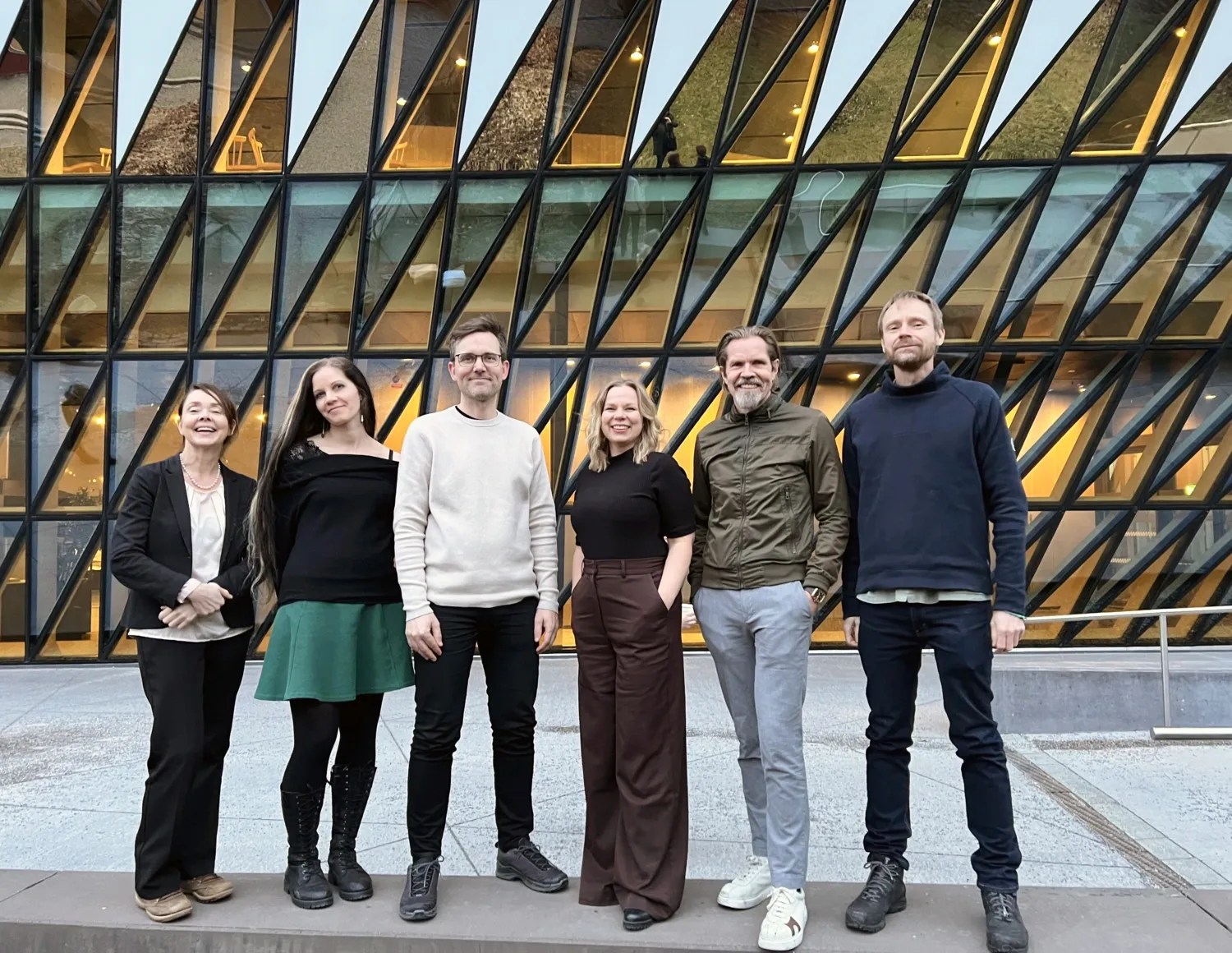 Photo: Una Prosell
Photo: Una ProsellResearch groups
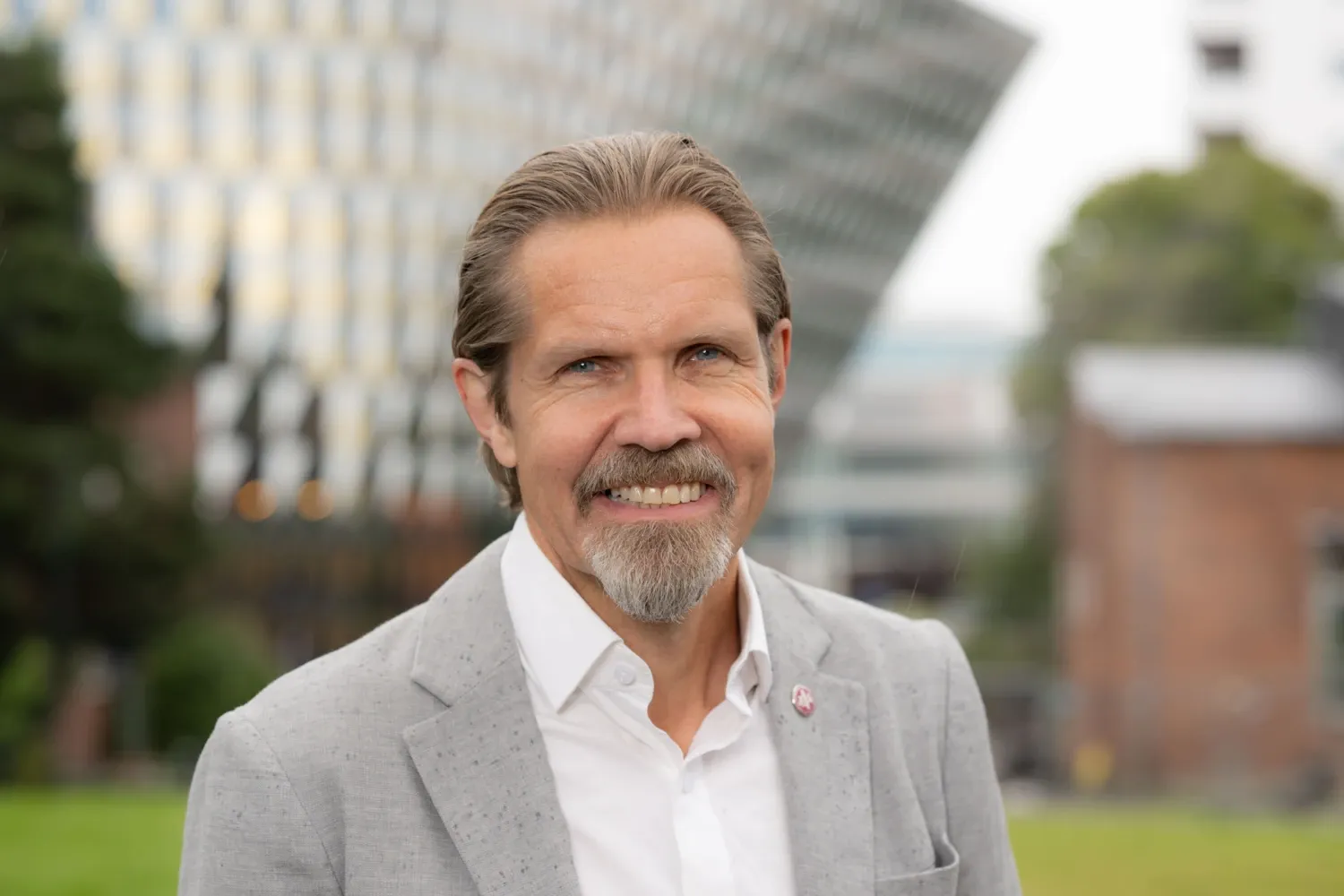 Photo: Ulf Sirborn
Photo: Ulf SirbornAutism, ADHD and other neurodevelopmental conditions – Sven Bölte's research group
We engage in the science of neurodevelopmental conditions, particularly autism and ADHD.
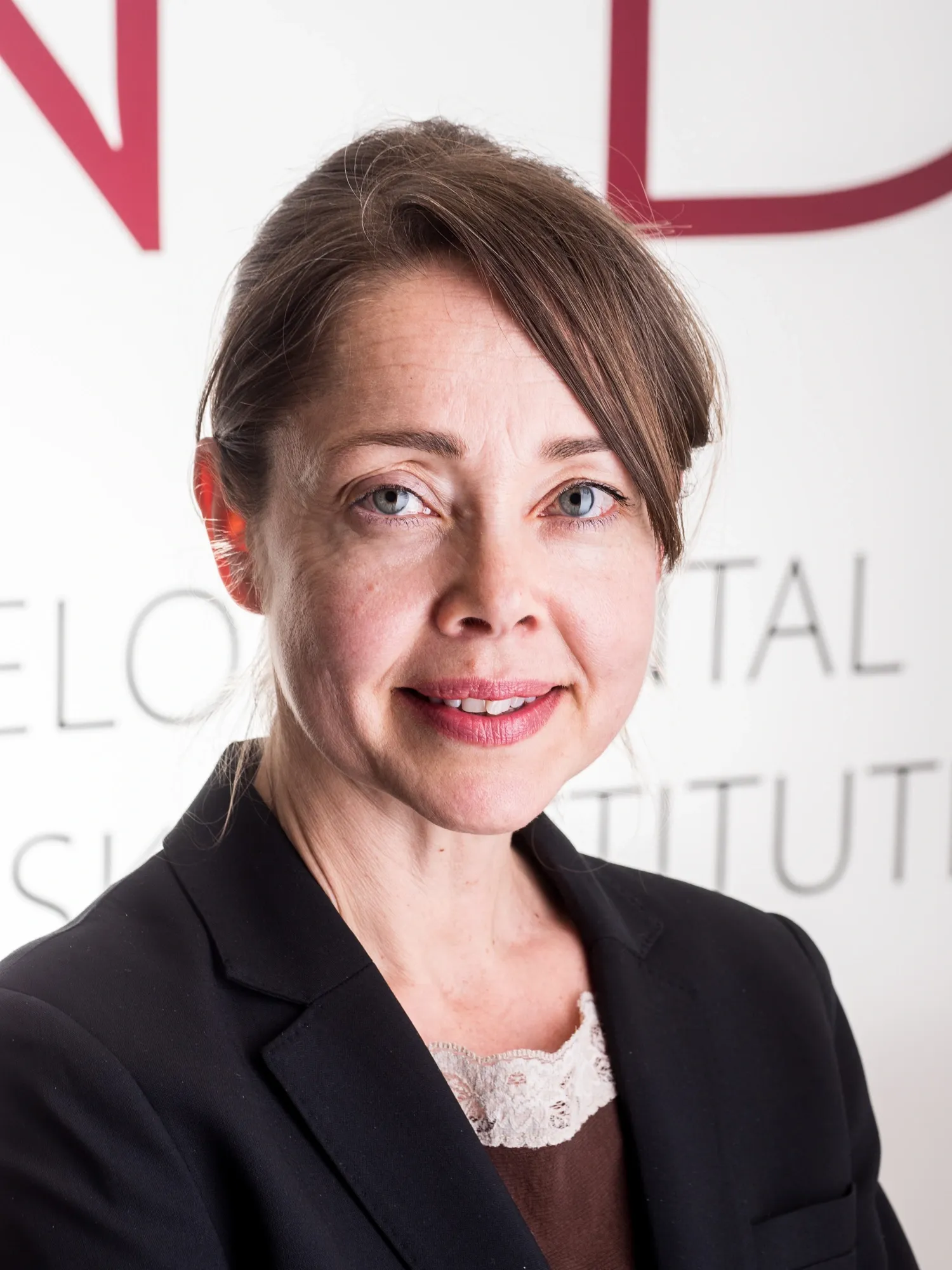 Photo: Martin Hammar
Photo: Martin HammarEvidence-based methods in autism and ADHD – Tatja Hirvikoski's research group
We mainly focus on clinical studies and development of evidence-based methods that can make a difference in people's everyday lives. Several projects are mainly aimed at adults with ADHD or autism.
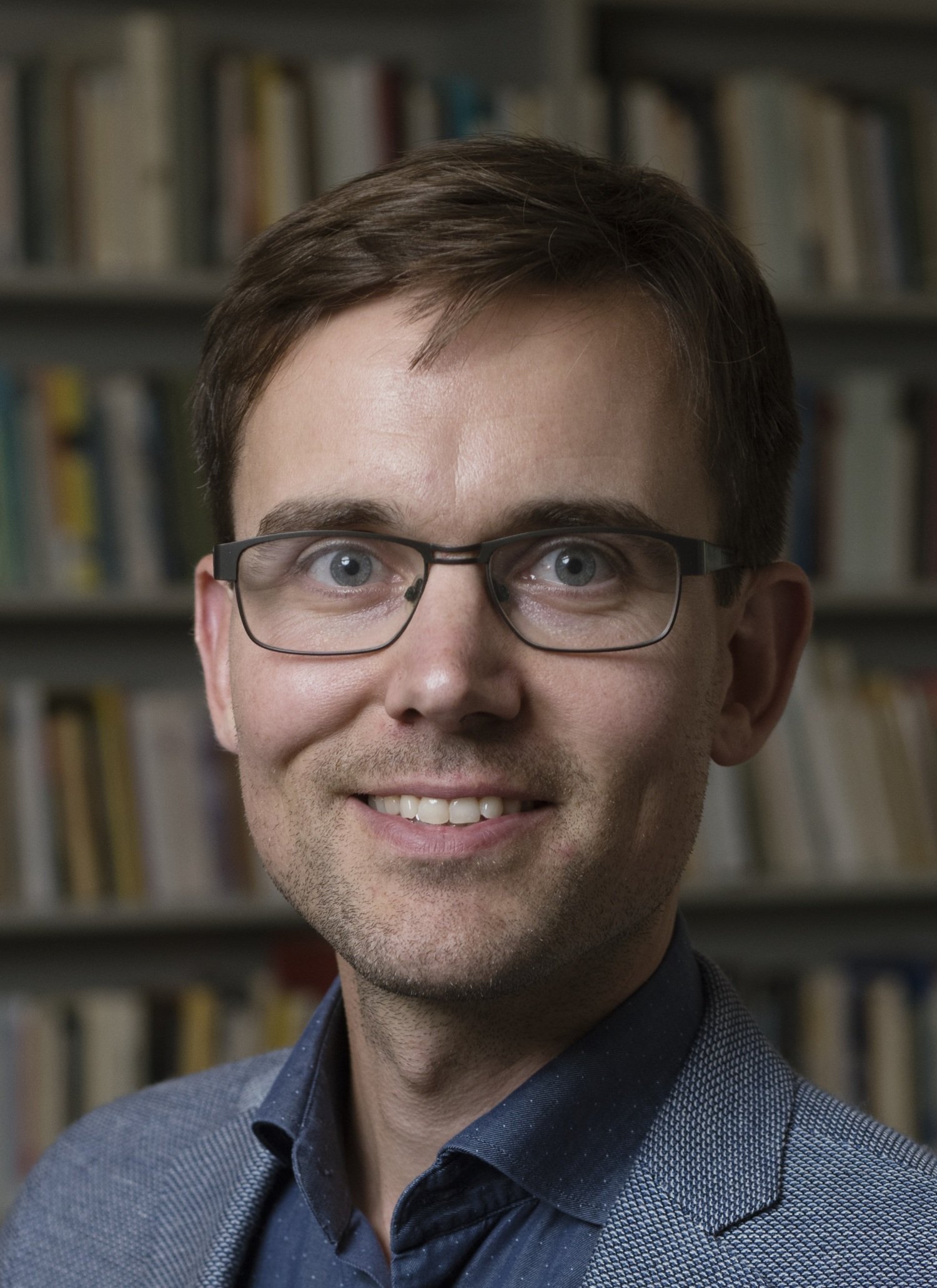 Photo: Lars Wallin
Photo: Lars WallinEarly childhood development and neurodevelopmental conditions – Terje Falck-Ytter's research group
We conduct interdisciplinary research aiming to increase our understanding of child development, with a particular focus on neurodevelopmental conditions.
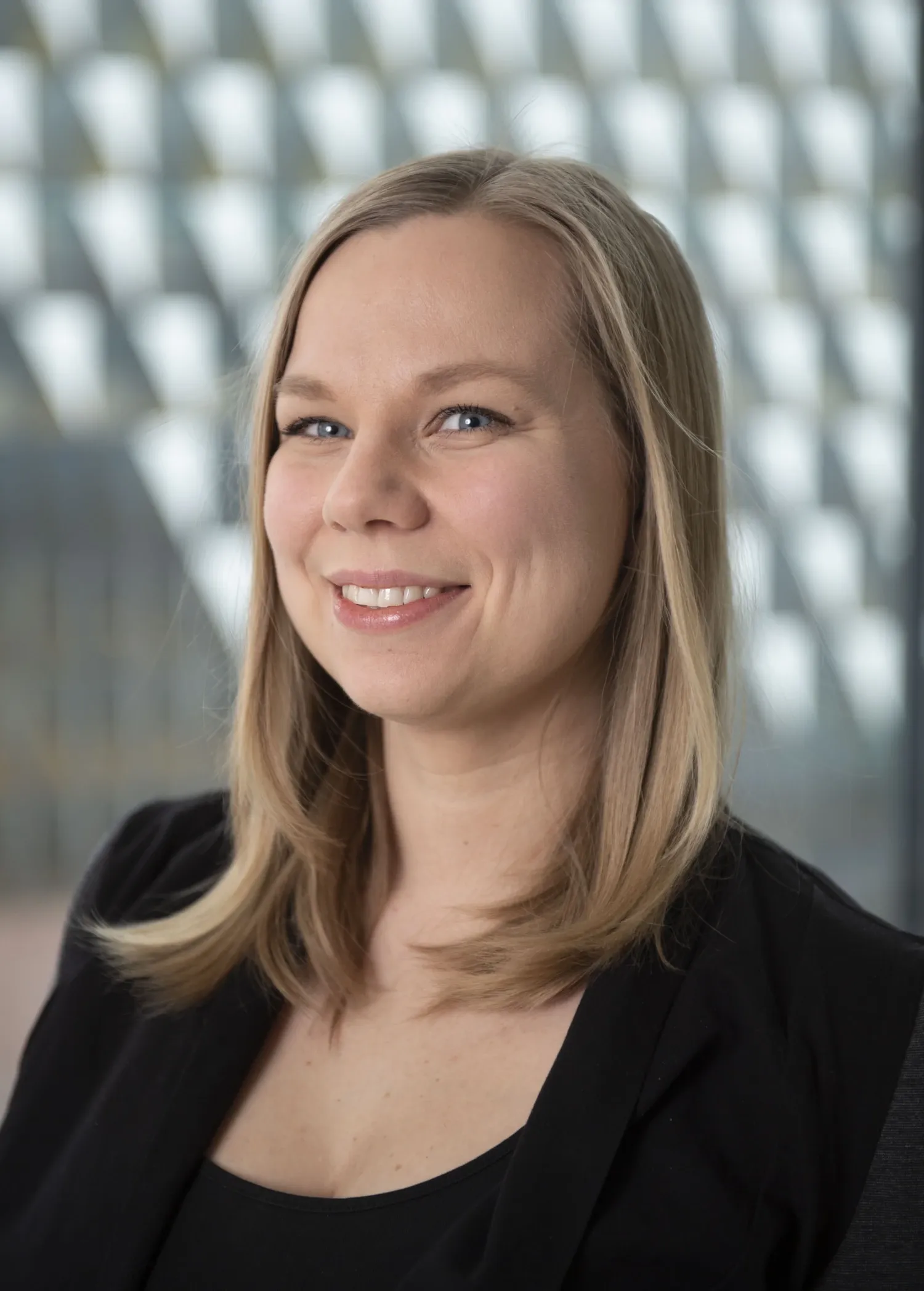 Photo: Ulf Sirborn
Photo: Ulf SirbornGenetics of Neurodevelopmental Disorders: Kristiina Tammimies´research group
Genetic, molecular and medical decoding of neurodevelopmental disorders. We conducts both basic and clinically orientated research projects to better understand neurodevelopmental disorders.
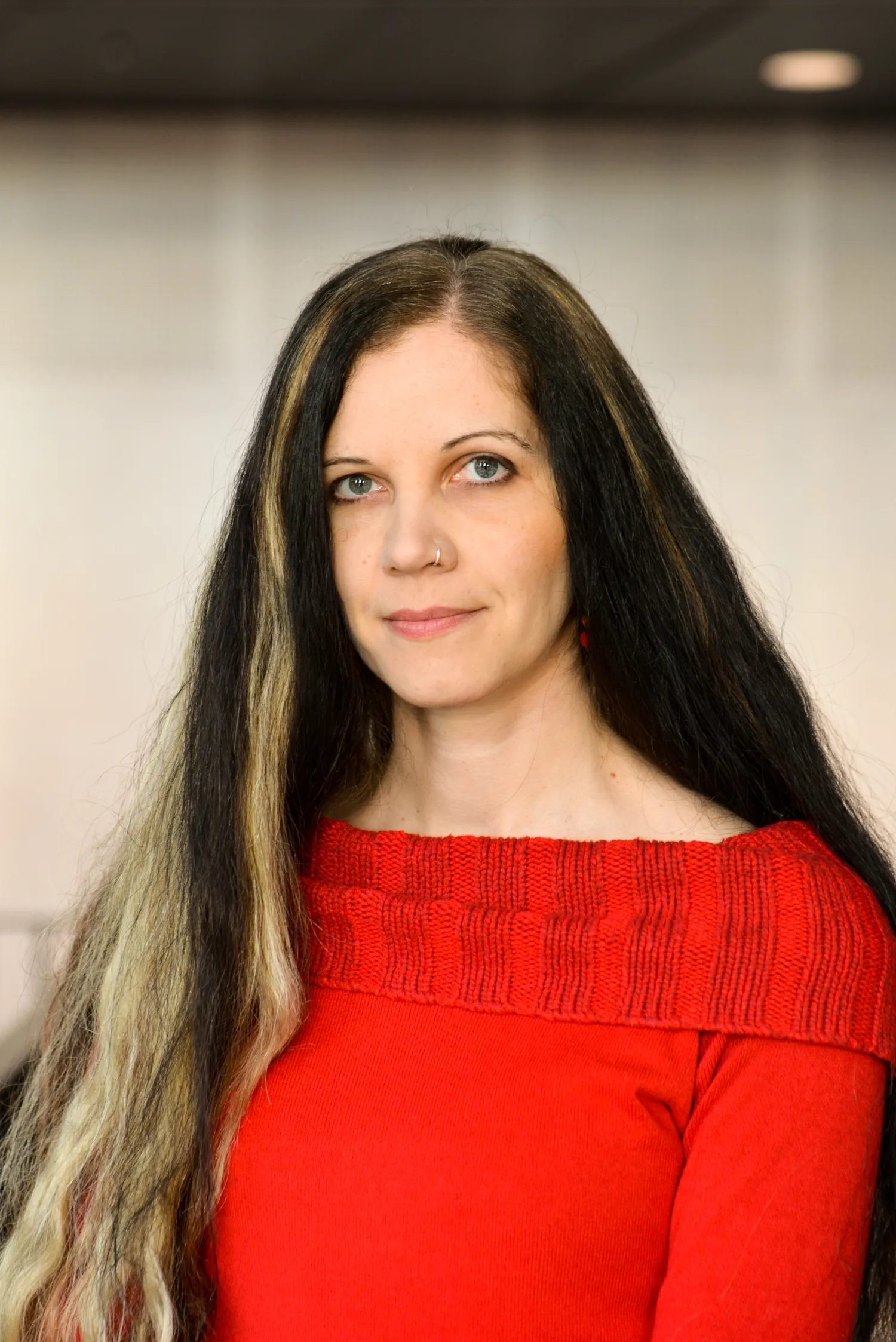 Photo: Andreas Andersson
Photo: Andreas AnderssonSynaesthesia, autism and perception – Janina Neufeld's team
We use brain imaging, eye tracking, psychophysics and other methods in order to investitage similarities and differences in how people with synesthesia and people on the autism spectrum process sensory information.
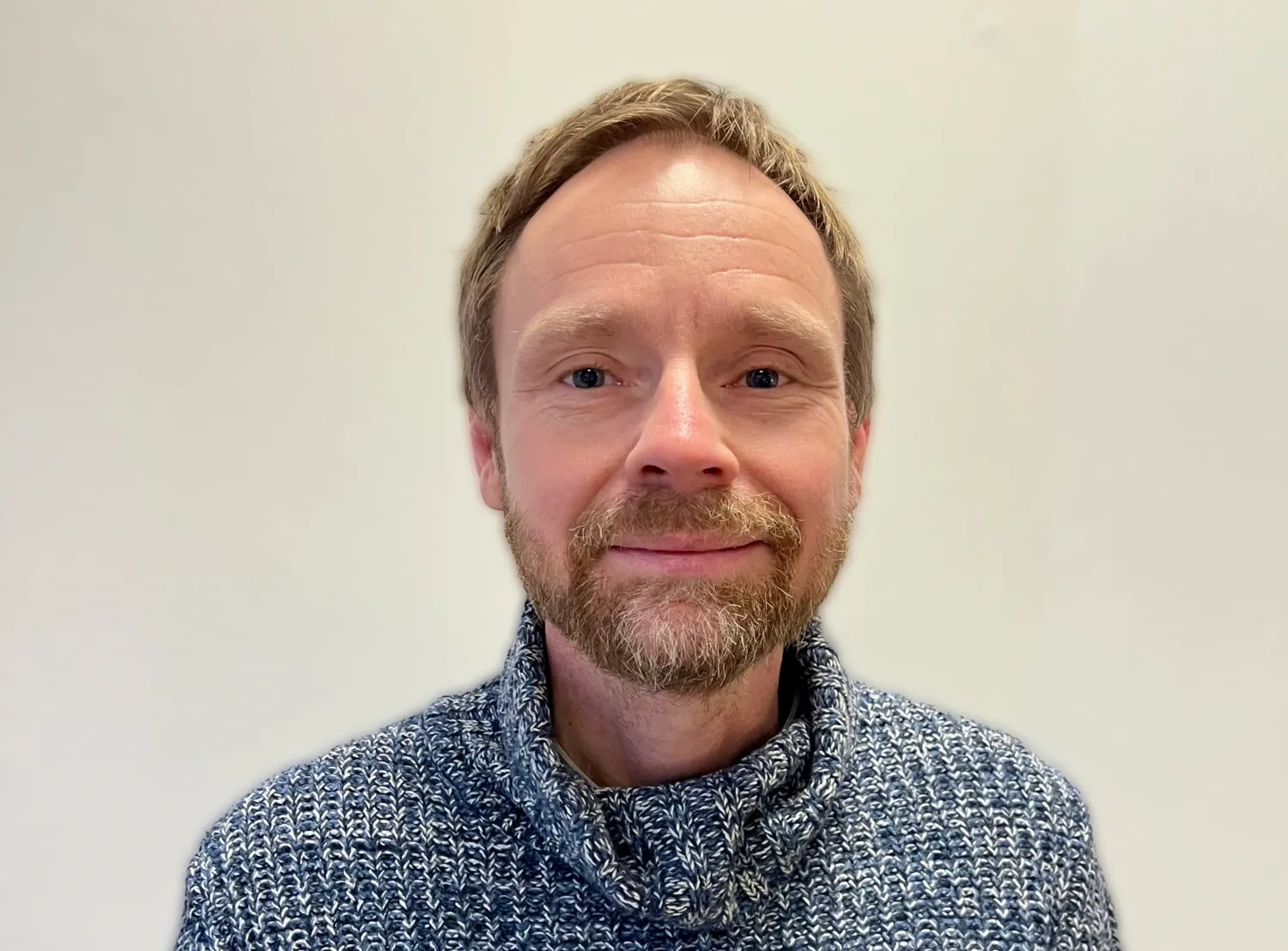 Photo: Una Prosell
Photo: Una ProsellTransition to adulthood for individuals with neurodevelopmental conditions – Ulf Jonsson's team
We conduct studies to learn more about the support needs of young adults with neurodevelopmental conditions, and how the support ideally should be delivered. Our team is part of the Center of Neurodevelopmental Disorders at Karolinska Institutet (KIND).
